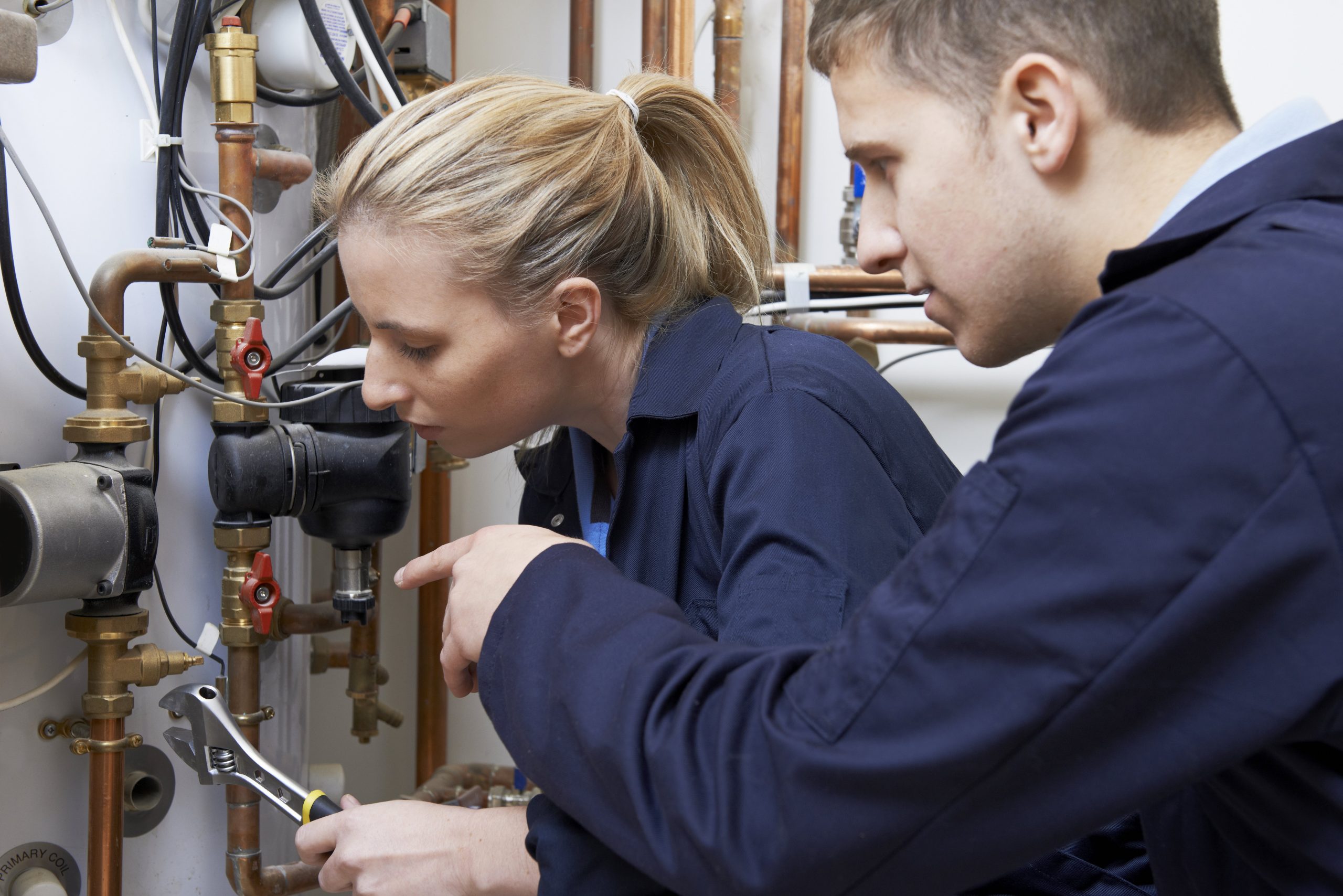Introduction
The plumbing industry in America has been witnessing a significant surge in demand, making plumber jobs more crucial than ever. As the backbone of ensuring proper water distribution, plumbers play an indispensable role in our daily lives. Let’s dive into the qualifications, responsibilities, and various aspects of a plumber’s career.
Qualifications and Skills
To embark on a successful plumbing career, one needs more than just a wrench and a pipe. Educational requirements often include completing a plumbing apprenticeship program or obtaining a related degree. Essential skills for plumbers extend beyond technical prowess; effective communication and problem-solving skills are equally vital in this profession.
Job Responsibilities
Plumbers are tasked with a diverse range of responsibilities, from installing and maintaining plumbing systems to addressing emergency situations promptly. Whether it’s fixing a leaky faucet or responding to a burst pipe in the middle of the night, a plumber’s expertise is invaluable.
Career Paths in Plumbing
The plumbing field offers various career paths, allowing individuals to specialize in areas such as residential plumbing, commercial plumbing, or even focus on eco-friendly plumbing solutions. Advancement opportunities are abundant, with experienced plumbers often moving into supervisory or managerial roles.
Job Market Trends
With an aging infrastructure and increasing construction projects, the demand for plumbers is on the rise. Job market trends indicate a steady growth in the need for skilled plumbers, with projections suggesting a continual upward trajectory.
Challenges in the Plumbing Industry
While the demand for plumbers is high, the profession is not without its challenges. Plumbers often face issues like tight deadlines, physically demanding work, and navigating complex plumbing systems. Overcoming these challenges requires resilience and adaptability.
Training and Certification
Proper training is crucial for aspiring plumbers. Whether through apprenticeship programs or formal education, obtaining recognized certifications is essential. These certifications not only validate a plumber’s skills but also enhance their marketability in the industry.
Salaries and Benefits
The financial aspect of a plumbing career is attractive, with average salaries for plumbers in America being competitive. Additionally, many employers offer benefits such as health insurance, retirement plans, and bonuses.
Work Environment
Plumbers work in various settings, including residential homes, commercial buildings, and industrial sites. Each environment comes with its own set of challenges and advantages, allowing plumbers to choose a work setting that aligns with their preferences.
Technology in Plumbing
Advancements in technology have significantly impacted the plumbing industry. From sophisticated leak detection systems to innovative pipe materials, staying abreast of technological trends is essential for modern plumbers.
Tips for Landing a Plumber Job
Crafting an impressive resume and preparing for job interviews are crucial steps in securing a plumber job. Highlighting relevant skills and experiences, along with demonstrating a strong work ethic, increases the likelihood of success.
Job Satisfaction in Plumbing
Despite the challenges, many plumbers find job satisfaction in the tangible impact they have on people’s lives. Knowing that their work ensures access to clean water and functional plumbing systems contributes to a sense of fulfillment.
Community Impact
Plumbers also contribute to community development by providing essential services. Whether through pro bono work or involvement in community projects, plumbers play a role in enhancing the quality of life for others.
Emerging Trends in Plumbing Education
The advent of online courses and certifications has made plumbing education more accessible. Plumbers can now stay updated on industry changes and acquire new skills through convenient online platforms.
Conclusion
In conclusion, a plumber’s role in America is not just about fixing pipes; it’s about ensuring the smooth functioning of essential systems that impact our daily lives. The demand for skilled plumbers is high, offering a fulfilling and financially rewarding career path. Consider plumbing not just as a job but as a vital contribution to community well-being.
FAQs
- Is formal education necessary to become a plumber?
- While a formal education is not mandatory, completing a plumbing apprenticeship program or obtaining a related degree enhances one’s skills and marketability.
- What are the challenges faced by plumbers?
- Plumbers often face challenges such as tight deadlines, physically demanding work, and navigating complex plumbing systems.
- How does technology impact the plumbing industry?
- Technology in plumbing ranges from sophisticated leak detection systems to innovative pipe materials, significantly impacting the efficiency of plumbing work.
- Are there opportunities for advancement in the plumbing field?
- Yes, experienced plumbers can advance into supervisory or managerial roles, and there are various specializations within the plumbing field.
- How can aspiring plumbers enhance their marketability?
- Obtaining recognized certifications, highlighting relevant skills in resumes, and preparing for job interviews effectively can enhance an aspiring plumber’s marketability.

